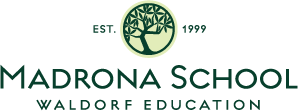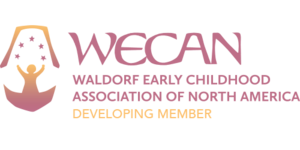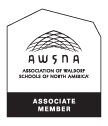‘T’ is for Waldorf education's unique approach to technology with a purpose — both in the classroom and in our children's lives. This is one area that certainly gets a lot of attention in the mainstream media, especially in the aftermath of the New York Times article published in October of 2011, "A Silicon Valley School that Doesn't Compute". Search for 'Waldorf education' and you find a slew of articles on Waldorf schools' purposeful lack of information technology in the classroom. It is a highly visible difference in choosing a Waldorf school over your other education options. However, the articles don't tell the full story. We do use technology in our curriculum, but always with a purpose. We approach technology in the same way we teach everything -- in a developmentally appropriate and contextual manner. Our grade school curriculum is an experiential one, building from year to year, as children become ever more capable and developmentally ready to learn, to do, to write, to read, to think. The curriculum develops deliberately, teaching hand sewing and knitting before machine sewing; printing and cursive writing before keyboarding. Computers and other information technology are introduced in their historical and cultural context, as part of a study of the modern era. And yet, by the time our middle schoolers graduate, they should be able to type and turn in word processed assignments; they've learned how to do quality research online and effectively use a library. Most importantly, they understand technology in the context of the human experience, and they tackle new elements with their characteristic flexibility and creative approach to problem solving. As you are no doubt aware, there is a growing body of research into the effects of screen time on the development of the young child. And, even beyond the profound benefits of reducing a child's exposure to screens and commercial media, the Madrona School curriculum aims to teach foundational skills to allow for the full blossoming of each individual's creativity and flexibility of thought: writing with pencil and paper and organizing one's thoughts onto the page, drawing, math facts without a calculator, etc. And in this ever evolving technological world we live in, creative problem solving and a strong sense of one's ability to tackle new issues will prepare our students well as they move out into the wider world.
— adapted from our school newsletter





























